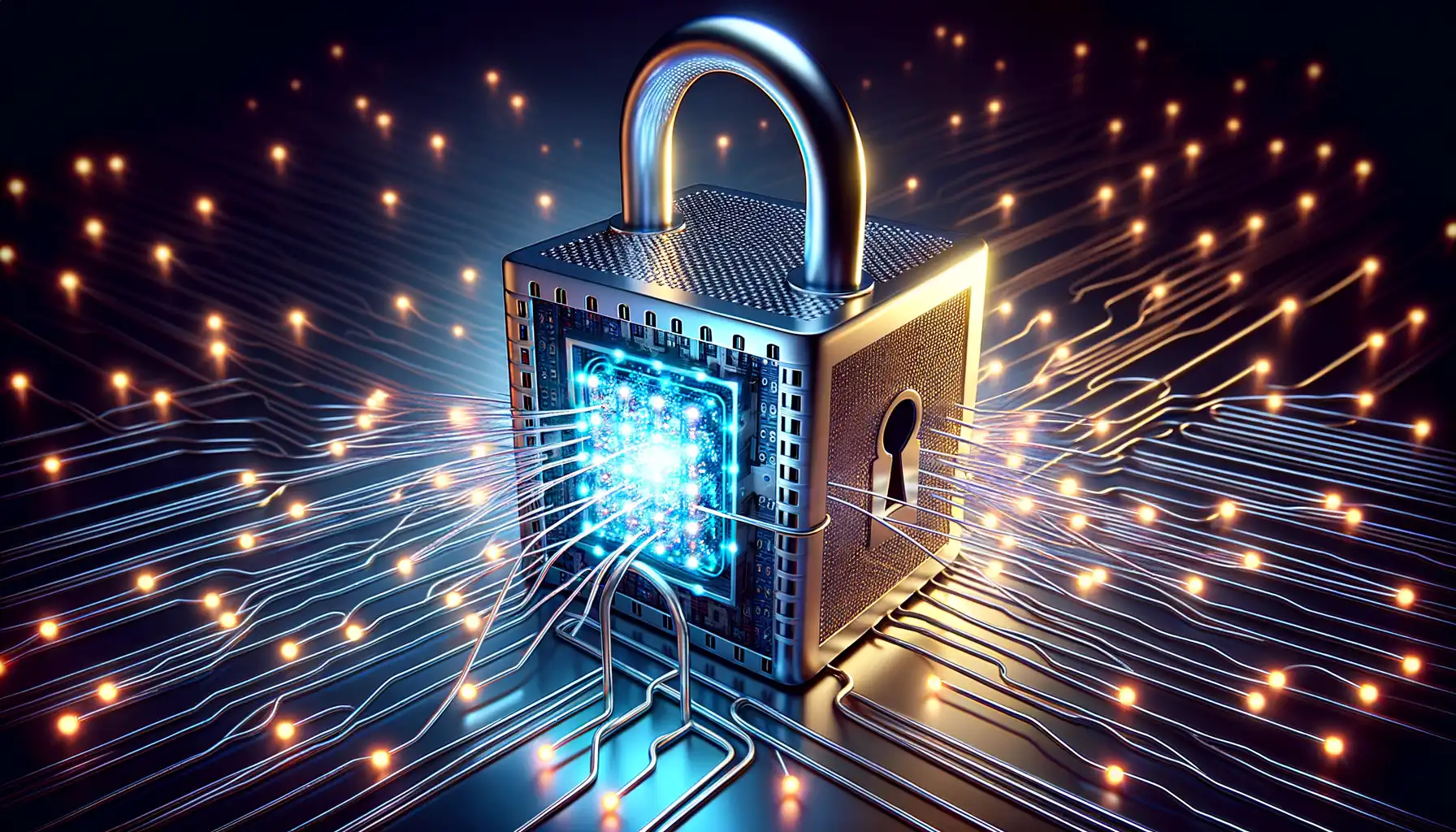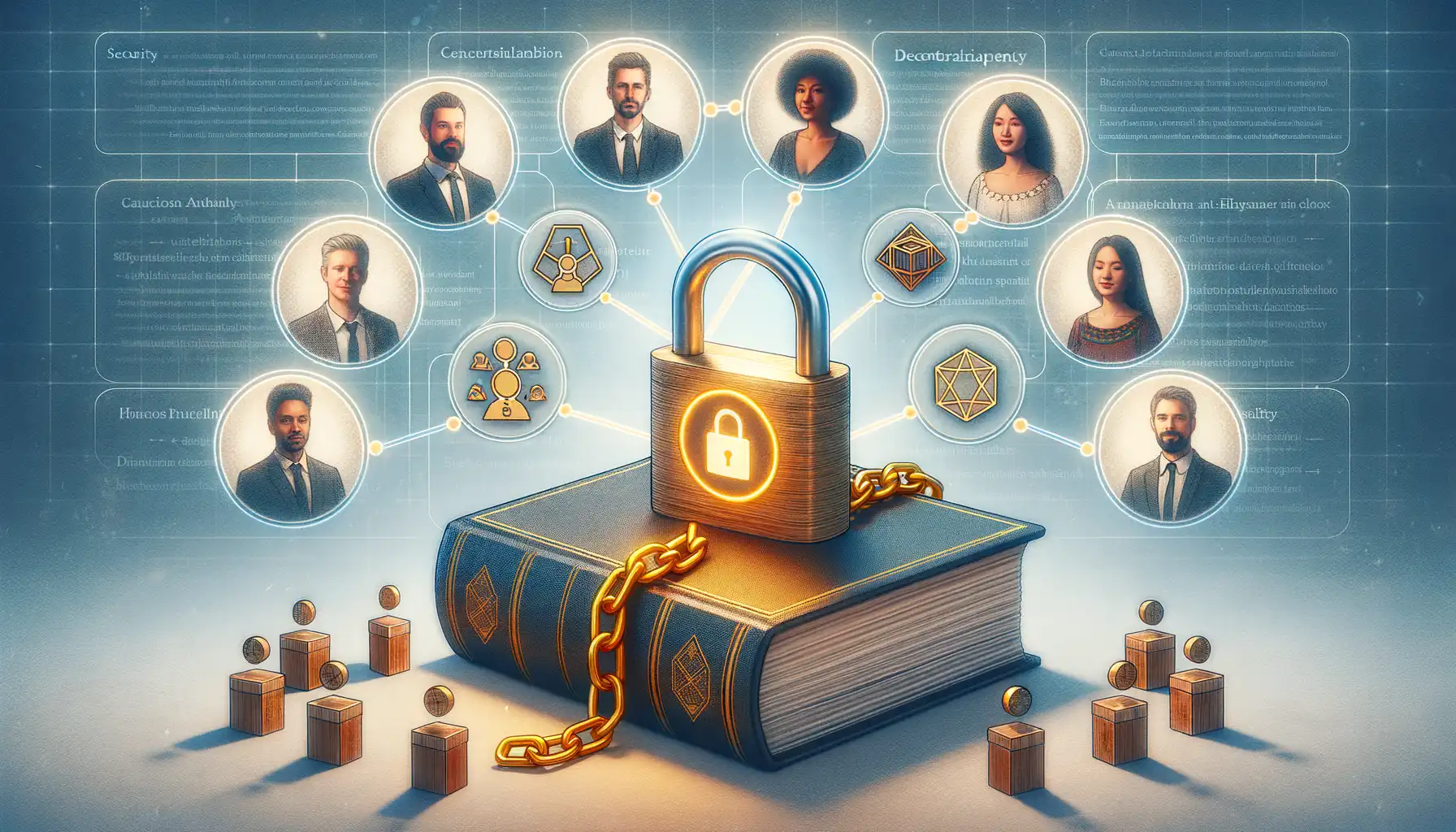Introduction to Quantum Computing and Its Impact on Security
Welcome to the fascinating world of quantum computing—a technological marvel poised to redefine everything we know about data, encryption, and cybersecurity. Imagine a computer that doesn’t just crunch numbers like today’s machines but instead taps into the mysterious behavior of particles at the atomic level to achieve mind-bending levels of processing power. That’s quantum computing in a nutshell.
How Quantum Computing Shatters Traditional Limits
Unlike classic computers that operate in bits (0s and 1s), quantum systems use qubits, which can exist in multiple states simultaneously thanks to a phenomenon called superposition. This means they’re not just faster—they’re exponentially more powerful. Picture solving a 500-year-old puzzle in mere seconds, or analyzing every possible solution to an encrypted code all at once. Sounds thrilling? It is.
But before you celebrate, there’s a catch. Our modern encryption methods—like RSA and AES—are built on algorithms that would take regular computers millennia to break. To a quantum computer? They’re like fragile sandcastles waiting for high tide.
The Ripple Effect on Cybersecurity
The rise of quantum computing doesn’t start with a splash—it creates tidal waves. A few key changes it could trigger include:
- Decoding past secrets: Emails, bank transactions, and classified files encrypted today might be cracked in the future.
- New cryptographic standards: Researchers are racing to develop “quantum-safe” encryption that even qubits can’t unravel.
- Changing trust online: Secure websites, digital signatures, and even blockchain might require rethinking from the ground up.
It’s clear: quantum computing has the potential to be both revolutionary and disruptive. It’s the double-edged sword of our era, and its impact on security is only beginning to unfold.
Applications of Quantum Computing in Encryption

Revolutionizing Encryption: The Quantum Advantage
Imagine a lock so intricate that even the master locksmiths of today can’t pick it. That’s the kind of transformation quantum computing is bringing to the world of encryption. Traditional encryption methods rely on mathematical puzzles that would take classical computers decades—if not centuries—to solve. But with quantum computing’s unmatched processing power, those puzzles become mere warm-up exercises.
Quantum computing introduces new tools, like quantum key distribution (QKD), to create unbreakable codes. How? By leveraging quantum properties like entanglement and superposition, QKD generates cryptographic keys that hackers literally cannot intercept without being detected. It’s like having a guard dog that barks at the slightest whiff of tampering!
- Post-quantum cryptography: Ensuring current systems withstand future quantum attacks.
- Randomness redefined: True random number generation based on quantum principles for entirely secure encryption keys.
And it’s not just future-proofing. Today, industries from finance to healthcare are already racing to implement quantum-enhanced encryption. Think about your online banking or personal health data—it could soon be safeguarded by the laws of physics themselves.
The Role of Quantum Cryptography in Securing Online Communication

How Quantum Cryptography Shields Our Digital Lives
Picture this: every message you send, every transaction you make online—protected by an impenetrable digital vault. That’s the magic of quantum cryptography. Unlike traditional encryption, which relies on mathematical complexity (and let’s face it, could someday be outsmarted), quantum cryptography harnesses the bizarre, almost sci-fi properties of subatomic particles to keep your secrets safe.
At the heart of this technology lies quantum key distribution (QKD). Think of it as passing a note in class but with a twist: if someone even tries to peek at that note, their meddling leaves unmistakable traces. Why? Because quantum particles like photons behave differently when observed. It’s as though nature itself becomes the watchdog of your privacy.
Wondering how it works in practice? Here’s what makes QKD extraordinary:
- Unbreakable Security: Thanks to quantum physics, eavesdropping attempts physically alter the data, exposing intruders instantly.
- Future-Proofing: These systems stay resilient even in the age of powerful quantum computers, unlike many current encryption methods.
Quantum cryptography is already being tested in banking, healthcare, and even government communications. The future feels closer than ever!
From Abstract Theory to Everyday Protection
Let’s get personal for a moment: imagine entrusting sensitive family photos or legal documents to the cloud without second-guessing it. That’s where quantum cryptography truly shines. It transforms the abstract elegance of quantum mechanics into something profoundly relatable—peace of mind.
And while it might sound futuristic, some industries are already relying on it. In China, researchers created a fully-functional quantum-encrypted communication network spanning over 4,600 kilometers. Companies in Europe and the U.S. are following suit, transforming QKD from a lab experiment into a practical guardian of our online worlds.
Could this mean the end of hacking as we know it? Well, let’s just say that cybercriminals might want to change career paths soon.
Challenges and Risks Posed by Quantum Computing to Current Encryption Standards

The Cracks Quantum Computing Could Carve in Encryption
Picture this: your favorite lock, once considered unpickable, suddenly exposed to a master key. That’s what quantum computing threatens to do to today’s encryption standards. With their unprecedented processing power, quantum computers have the potential to dismantle the digital barriers that guard our most private information—from online transactions to classified government data.
Here’s the problem: current encryption methods, like the widely used RSA and ECC algorithms, rely on mathematical problems that classical computers find impossibly complex. But quantum machines approach these puzzles like seasoned chess champions—they see moves we didn’t even know existed. Algorithms like Shor’s algorithm can reduce years of computation into seconds, rendering traditional encryption obsolete.
- Critical personal data: passwords, financial details, medical records—all at risk.
- Economic impact: industries relying on digital security, including banking and e-commerce, could face chaos.
- National security: imagine confidential military communication no longer being, well… confidential.
Why “Quantum-Safe” Matters—Now More Than Ever
The scariest part? We may not even notice the danger immediately. Harvest-now-decrypt-later attacks are already a growing concern. Cybercriminals today could be storing encrypted data, waiting for the day quantum technology enables them to crack it wide open.
This isn’t just about future-proofing, it’s about present urgency. Preparing now isn’t just smart—it’s survival.
Future Prospects and Innovations in Quantum-Based Security Solutions

Breakthroughs Reshaping the Quantum Security Landscape
The future of quantum-based security solutions feels like stepping into a sci-fi novel—except it’s becoming our reality. Imagine encryption systems so invulnerable, they could fend off hacking attempts faster than a cybercriminal can even blink. That’s where innovations like **Quantum Key Distribution (QKD)** are flying in like technological superheroes. By using the quirky behavior of quantum particles, QKD ensures that any attempt to eavesdrop on sensitive data is immediately detected. It’s not just secure; it’s downright genius!
Now, let’s talk about what’s beyond the horizon. Scientists are tinkering with concepts like **quantum-secured blockchain**, a dream pairing of two game-changing technologies. The idea? A decentralized system guarded by quantum cryptography, creating tamper-proof records for everything from financial transactions to voting systems. Magic, isn’t it?
- High-speed quantum networks to transfer data more securely than ever before.
- Post-quantum algorithms designed to survive even the most powerful quantum attacks.
And while these breakthroughs sound futuristic, they’re not just theoretical. Companies like IBM and Google are already racing to turn these ideas into everyday tools. The future isn’t just coming—it’s charging at us with quantum speed.
A Glimpse Into Tomorrow’s Cybersecurity Superheroes
Picture this: a world where passwords as we know them become obsolete. Instead, your unique quantum “fingerprint” locks your data tighter than a vault. This isn’t some far-off fantasy—it’s the ambition driving cutting-edge projects in **quantum-resistant identity verification**.
Researchers are also exploring something called **quantum random number generators (QRNGs)**. These are far from ordinary—they craft numbers so unpredictably random, even the universe itself couldn’t guess them. Pair that with **quantum machine learning**, and you’ve got AI aiding cybersecurity teams in detecting and mitigating threats in real time.
Quantum-based security solutions aren’t just an evolution—they’re a revolution. They promise to outsmart hackers before the hackers even know what hit them.



